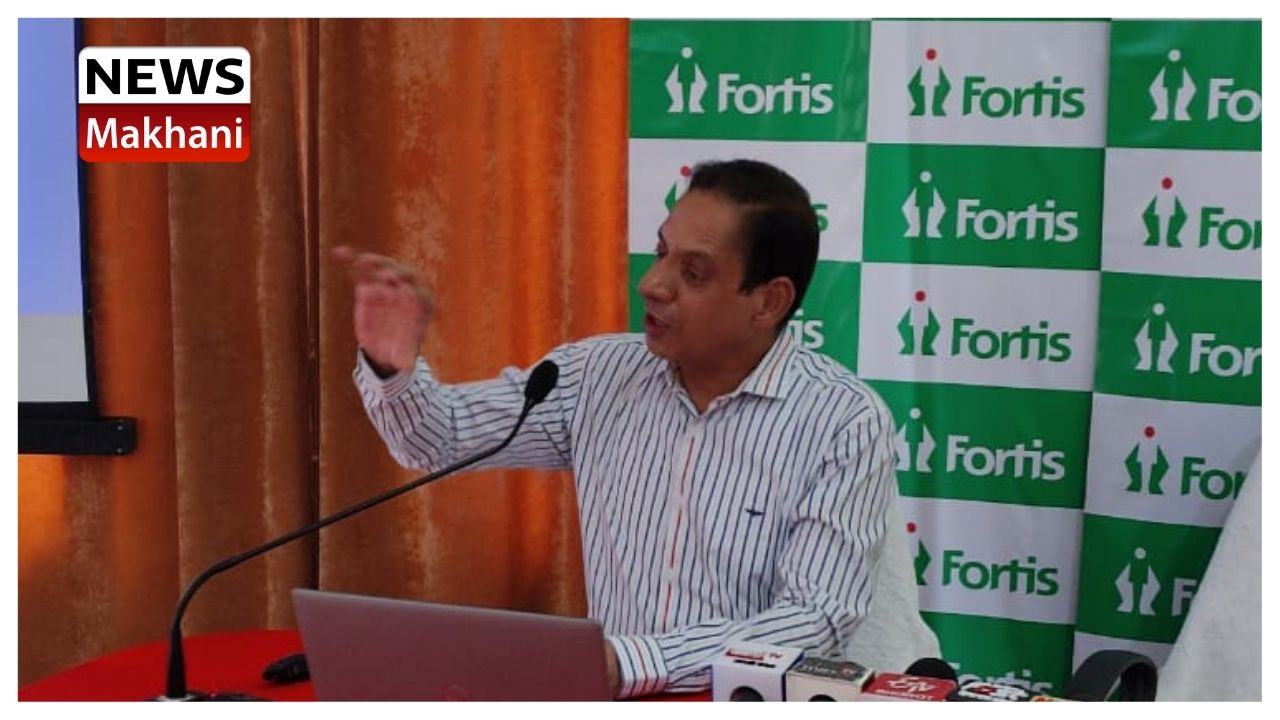-The advanced technology helps determine if a cardiac patient needs a stent or a bypass surgery, or should be administered only medicines –
Kullu, May 14, 2022: The Cardiology Team at Fortis Hospital Mohali has given a new lease of life to 75-year-old Ram Kumari, based in Kullu,by treating her for severe artery blockages through Fractional Flow Reserve (FFR).
The Cardiology Team headed by Dr RK Jaswal, Head of Department and Director of Cardiology; and Director, Cathlabs, Fortis Hospital Mohali, successfully treated the Patient using the most advanced technology of Fractional Flow Reserve (FFR), available 24×7 at Fortis Mohali.
Fractional Flow Reserve is used to determine if a cardiac patient needs a stent or a bypass surgery, or should be administered only medicines during treatment. The procedure is performed by a pressure wire introduced inside the narrowed artery and assesses the actual reduction in blood flow in the vessel due to blockage.
The Patientpresented with a history of hypertension along with definitive exertional shortness of breath and chest discomfort.A 64 Slice CT Angiography–non-invasive test that helps detect blockages in arteries –revealed significant narrowing of the Left Anterior Descending (LAD) artery.She was subsequently admitted to Fortis Mohaliwhere Catheter Angiography was done on 7th May this year.
Catheter angiography is an invasive procedure that allows a cardiologist to see how well blood vessels supply blood to the heart. The procedure revealed 70% blockage of the LAD artery. Going by angiography alone, the Patientwas a candidate for stentingof LAD.
Discussing the case, Dr Jaswal, said, “FFR was utilized to further evaluate whether the stent will benefit or harm the patient in the long run. Both FFR and Relative Flow Reserve (RFR) established that the Patient could do well without stenting on just medical treatment.”
The Patient was discharged from Fortis Mohali on the same day. Post treatment, she is doing well and leading a normal life.
As per medical findings, critical blockages in the arteries with abnormal FFR, if not stented, can pose a risk to life and poor outcome.On the contrary, heart artery blockages with FFR which is not critically reduced can be managed medically through this advanced technique.
With FFR, about 25-30% of all patients who are otherwise candidates for stenting on the basis of their angiography findings, end up on medical treatment. Therefore, avoiding unnecessary stenting and better long-term outcomes.

 हिंदी
हिंदी






